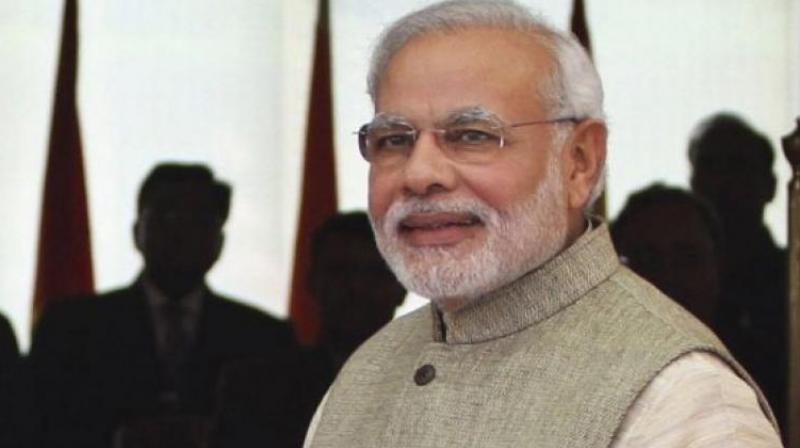PM changes rules to help married IAS, IPS officers work at one place
A candidate has to give his or her order of preference of a desired cadre in the application form during the examination process.

New Delhi: Prime Minister Narendra Modi has changed service rules to allow married IAS and IPS officers to get same cadre state.
At present, there is no provision in the existing guidelines for the cases where either of the officers of all India services --Indian Administrative Service (IAS), Indian Police Service (IPS) and Indian Forest Service (IFoS)-- i.e. husband or wife can opt for the cadre of their spouse being their respective home cadre.
The decision to amend the rules is triggered by a unique case of 2011-batch IAS officer P Parthiban, who married to his batchmate and Tamil Nadu cadre IPS officer Nisha, who hails from Delhi.
Parthiban is a native of Tamil Nadu and has been allocated union territories cadre, that includes Delhi.
The couple had sought common cadre citing their marriage, as civil services rules allow it.
However, the rules bar any member of the service from working in his or her home state.
This matter was put up before a Committee, that decides on cases of inter-cadre transfer and deputation require relaxation in provisions of existing guidelines, headed by Secretary of Department of Personnel and Training (DoPT).
The panel had then recommended a change in guidelines, which has now been approved by Appointments Committee of Cabinet (ACC) headed by Modi.
The ACC has approved that in cases where either of the officers cannot opt for the cadre of the spouse being their respective home cadre, the officers may choose the immediate next cadre opted by them in the detailed application form submitted to Union Public Service Commission (UPSC)—that conducts the exam to select such bureaucrats--below the present cadre allotted, an order issued by the DoPT said.
A candidate has to give his or her order of preference of a desired cadre in the detailed application form during the civil services examination process.
The UPSC conducts the examination annually in three stages -- preliminary, main and interview -- to select IAS, IPS and IFoS officers among others.
"In case of non-receipt of preference within the stipulated time from the concerned officers, they can be assigned the most deficit cadre between the two subject to receipt of No Objection Certificate from the parent cadre as well as recipient cadre," the new policy reads.

